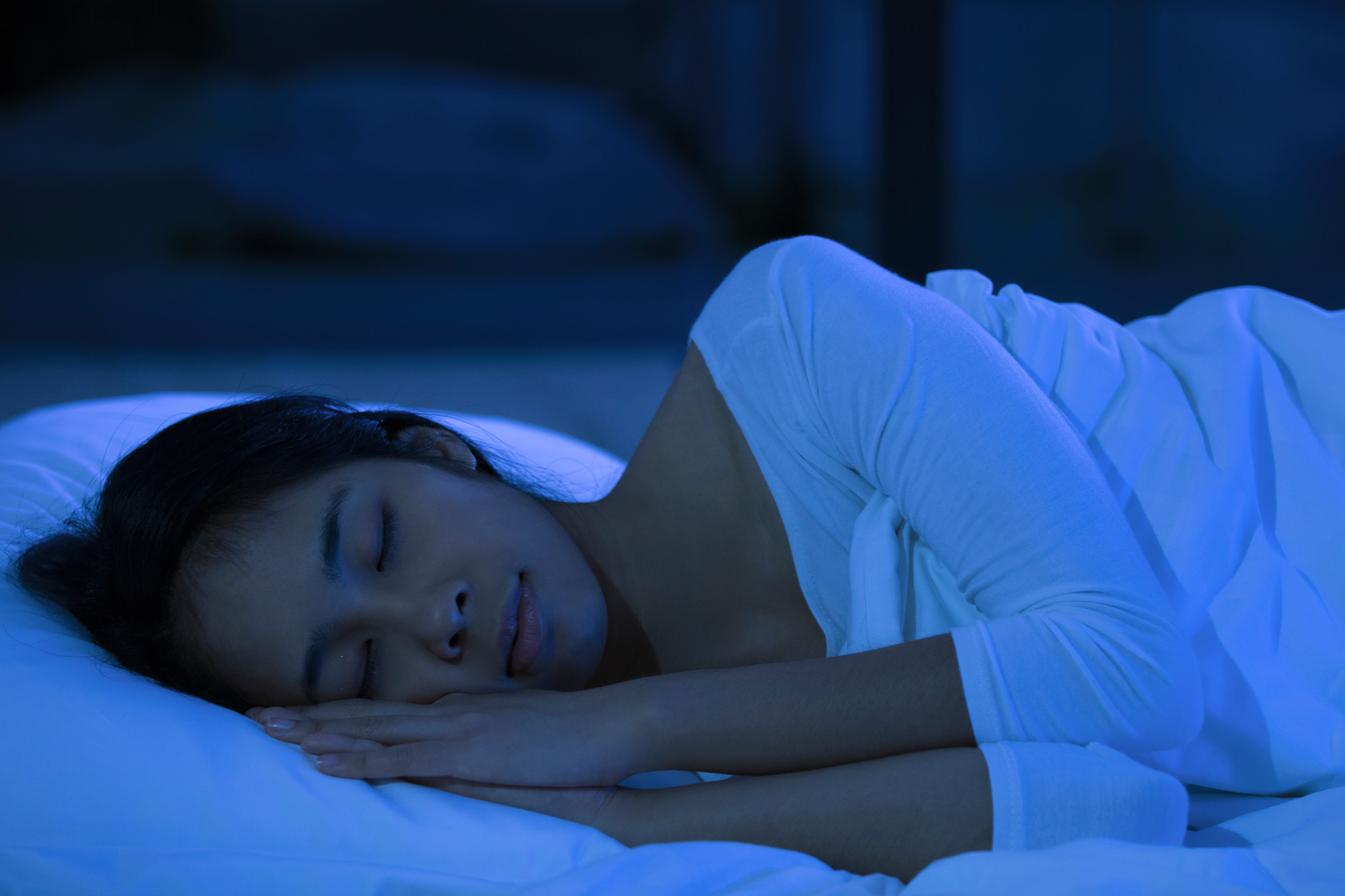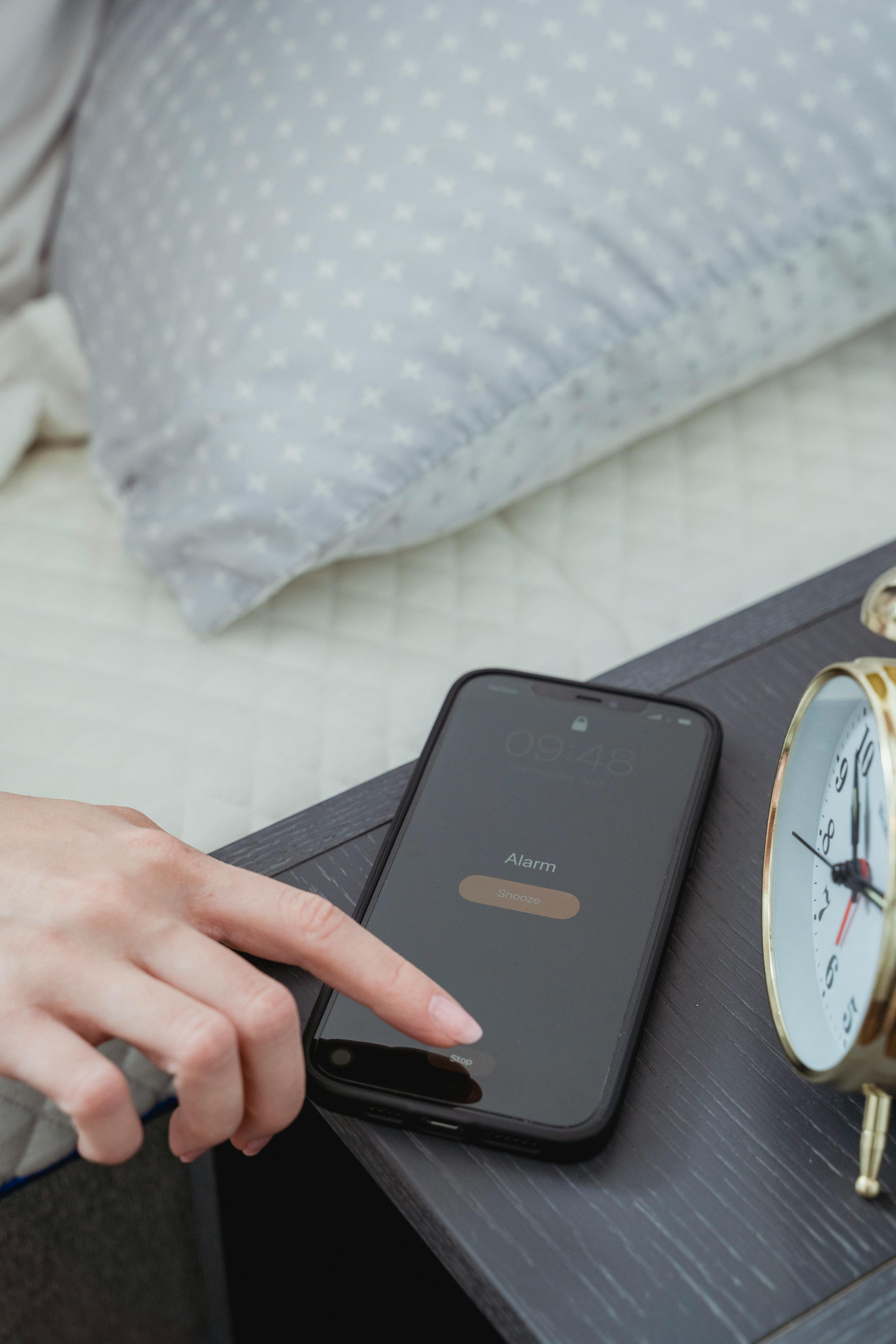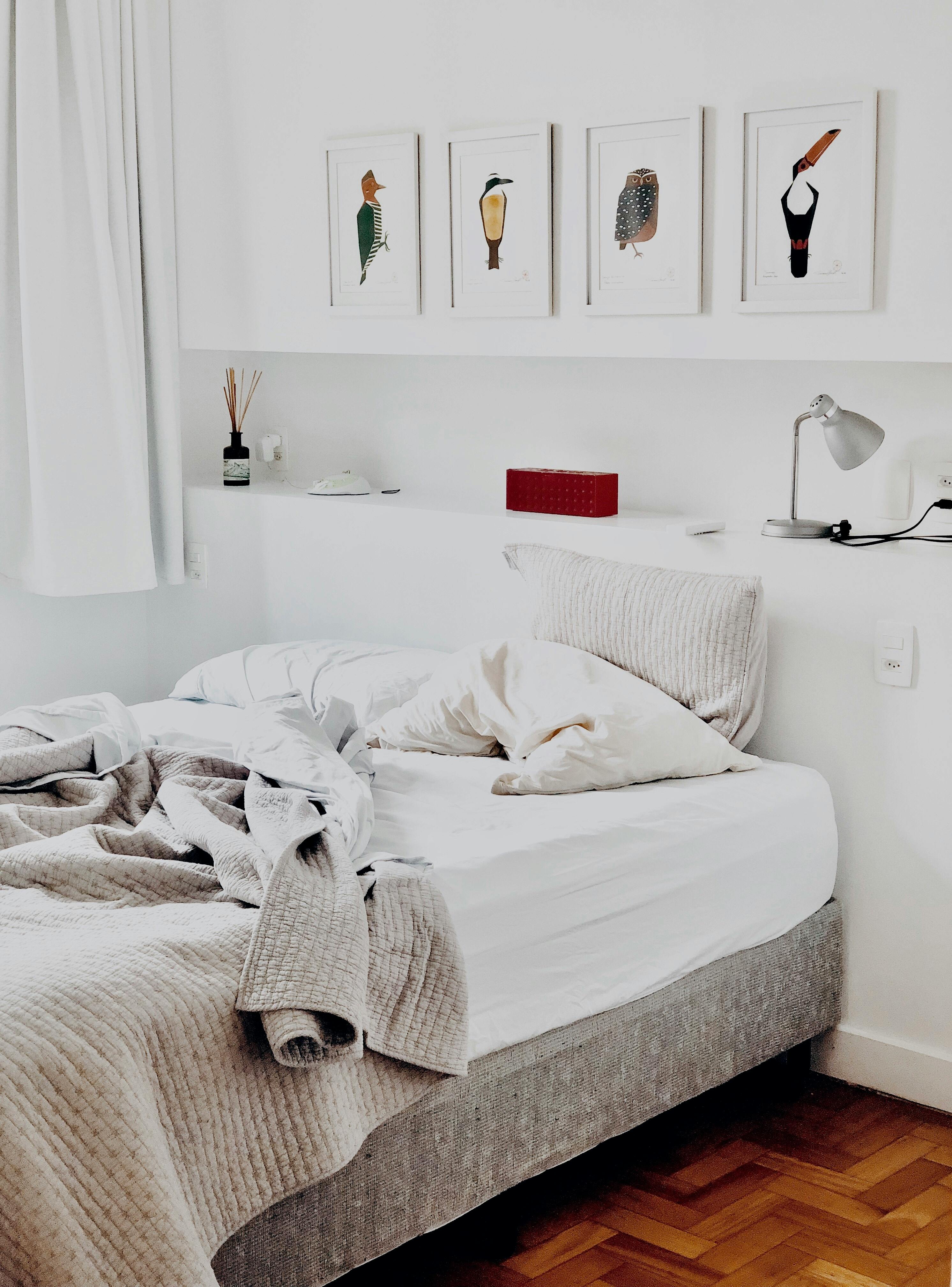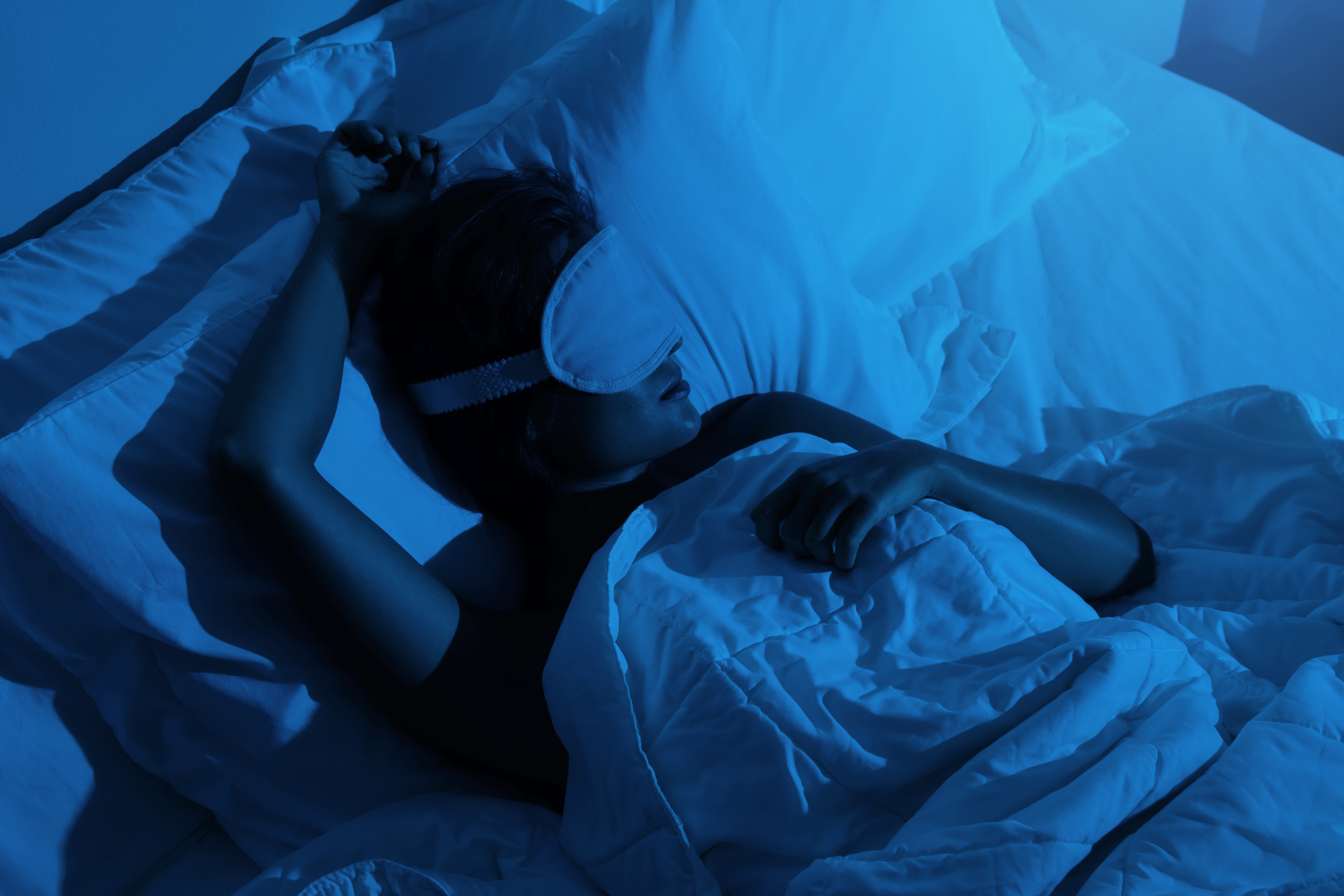
Why quality sleep can impact your mental wellbeing
Quality sleep is a powerful wellbeing protective factor. Learn how rest impacts mental health and discover simple habits to improve your sleep routine.
Problems with sleeping are common, with around 40% of Australian adults not getting enough. Shift workers are even more likely to experience insomnia symptoms or excessive sleepiness.
Missing out on good sleep doesn’t just leave you tired – it raises your risk of heart disease, obesity and other serious health conditions. It also affects your mental health and can increase the likelihood of depression and anxiety.
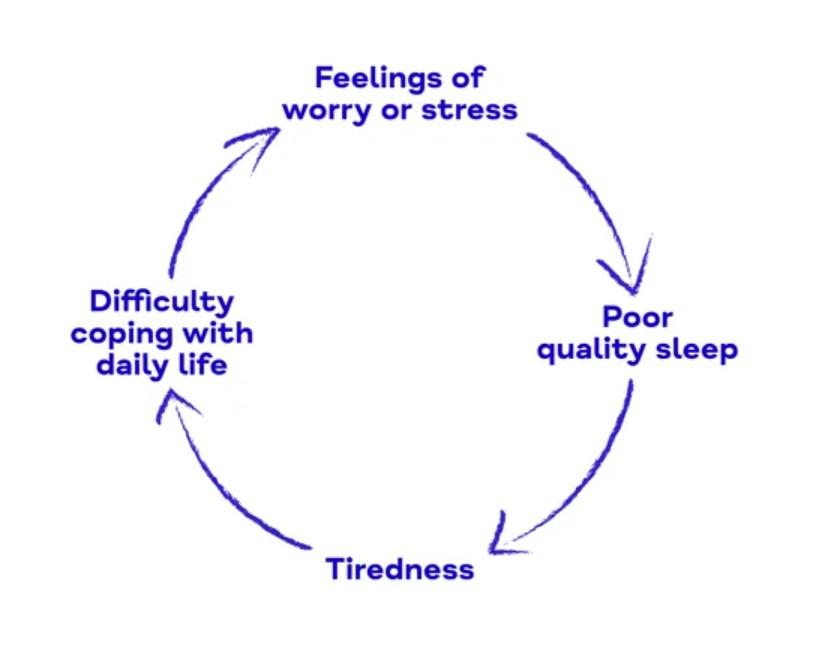
So why does sleep matter so much, and what can you do if you’re struggling?
Why sleep is a positive wellbeing protective factor?
Sleep is one of those key wellbeing factors that can help you stay in the green zone. When you’re well rested, you’re better able to cope with life’s challenges. When you’re not, everything feels harder.
Sleep is one of those protective factors that help us stay balanced. Others include:
Healthy eating patterns
Regular exercise
Strong social connections
Work life balance
The link between sleep and mental health is strong. People with insomnia (those who have difficulty falling or staying asleep) are far more likely to experience significant levels of depression and anxiety. On the flipside, a good amount of sleep can lift your mood, improve memory and help you manage stress.
How much sleep do we need?
Everyone’s needs are different, but most adults between 25 and 64 should get between 7 - 9 hours per night. It’s not recommended to get less than 6 or more than 10 hours.
If you’re a shift worker, you might get this sleep in one block or by breaking it up into a main sleep and a shorter sleep(s). The best test is how you feel. Constant fatigue, irritability, or trouble falling or staying asleep are signs it may be time to work on your sleep habits.
Ways to improve sleep
Some factors are outside your control, but many aren’t. Here are some tips to improve your sleep hygiene:
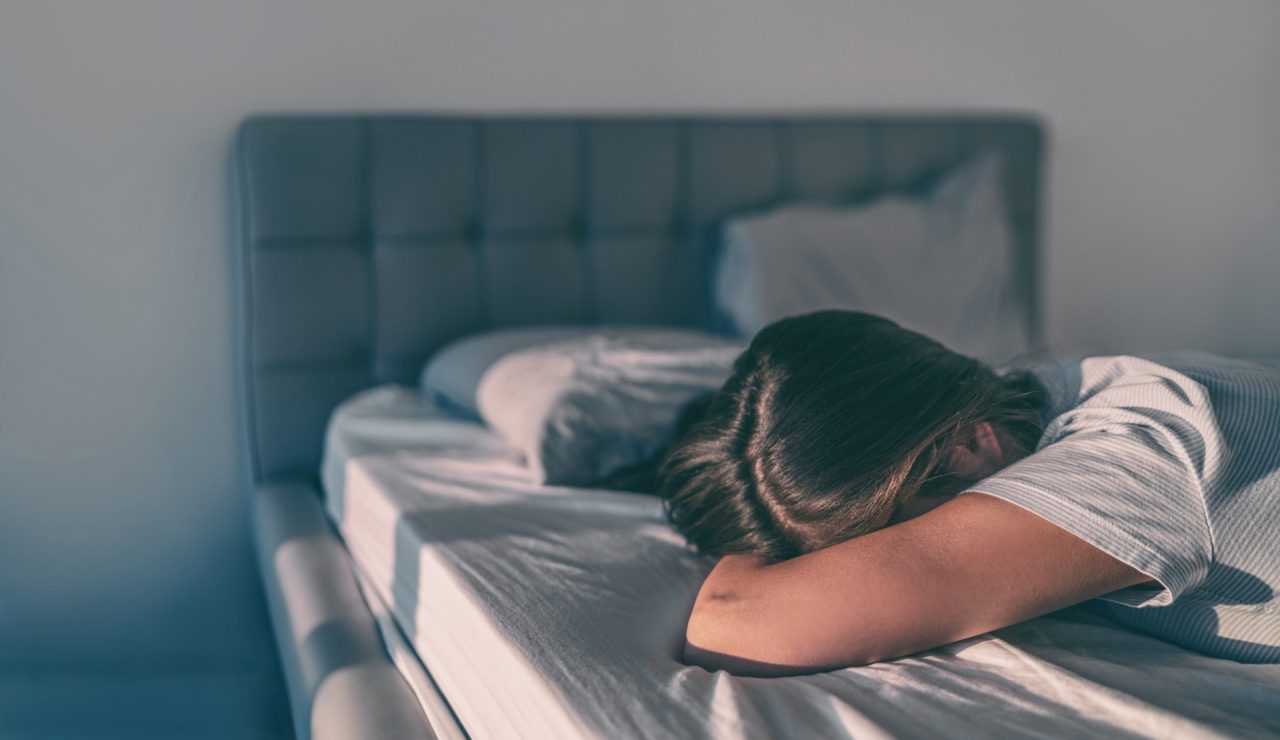
Prioritise your sleep: It’s hard to sleep when others are socialising or working. Make sleep a priority by prioritising it above other activities during the day.
Have a before-sleep wind-down routine: it might include reading, stretching, or listening to calming music.
Go to bed at the same time each day. For some people, this might mean going to bed during the day even on your off days to keep it consistent. If you need to transition to another shift, go gradually to minimise the impact on your sleep.
Think about your caffeine, alcohol and tobacco intake in the hours before you go to bed.
Nap if you need to, particularly if you haven’t got enough sleep in your main sleep block.
Get daily exercise and natural light, however, try to limit light exposure in the hours before you need to sleep. If your shift finishes in the morning, you could consider wearing sunglasses on the drive home.
Put away screens an hour before bed to reduce blue light exposure.
Create a cool, dark, quiet bedroom with a supportive mattress and pillow. If you sleep during the day, use an eye mask or blackout blinds and earplugs to make your bedroom dark and quiet.
Everyone has a different way of getting to sleep, so experiment to work out what’s best for you.
When poor sleep affects mental health
Sleep and mental health influence each other. Trouble sleeping can worsen your mood, while stress or anxiety can make it harder to sleep. Sometimes, tackling both at once is the best approach.
If you’re moving away from the green zone, reach out early. Talk to trusted family or friends, or if things are getting really tough, consider professional help such as a psychologist, sleep therapist or wellbeing officer. Support is available, and the earlier you act, the easier it is to get back on track.
References :
https://pmc.ncbi.nlm.nih.gov/articles/PMC8651630
https://www.beyondblue.org.au/mental-health/wellbeing/sleep
https://www.sleepfoundation.org/mental-health
https://www.sleephealthfoundation.org.au/sleep-topics/how-much-sleep-do-you-really-need
https://www.aihw.gov.au/mental-health/topic-areas/health-wellbeing/stress-and-trauma
https://pmc.ncbi.nlm.nih.gov/articles/PMC10710992/
Images adapted from:
Sleep and mental health © Mind. This information is published in full at mind.org.uk
How sleep affects mental health (and vice versa): What the science says
